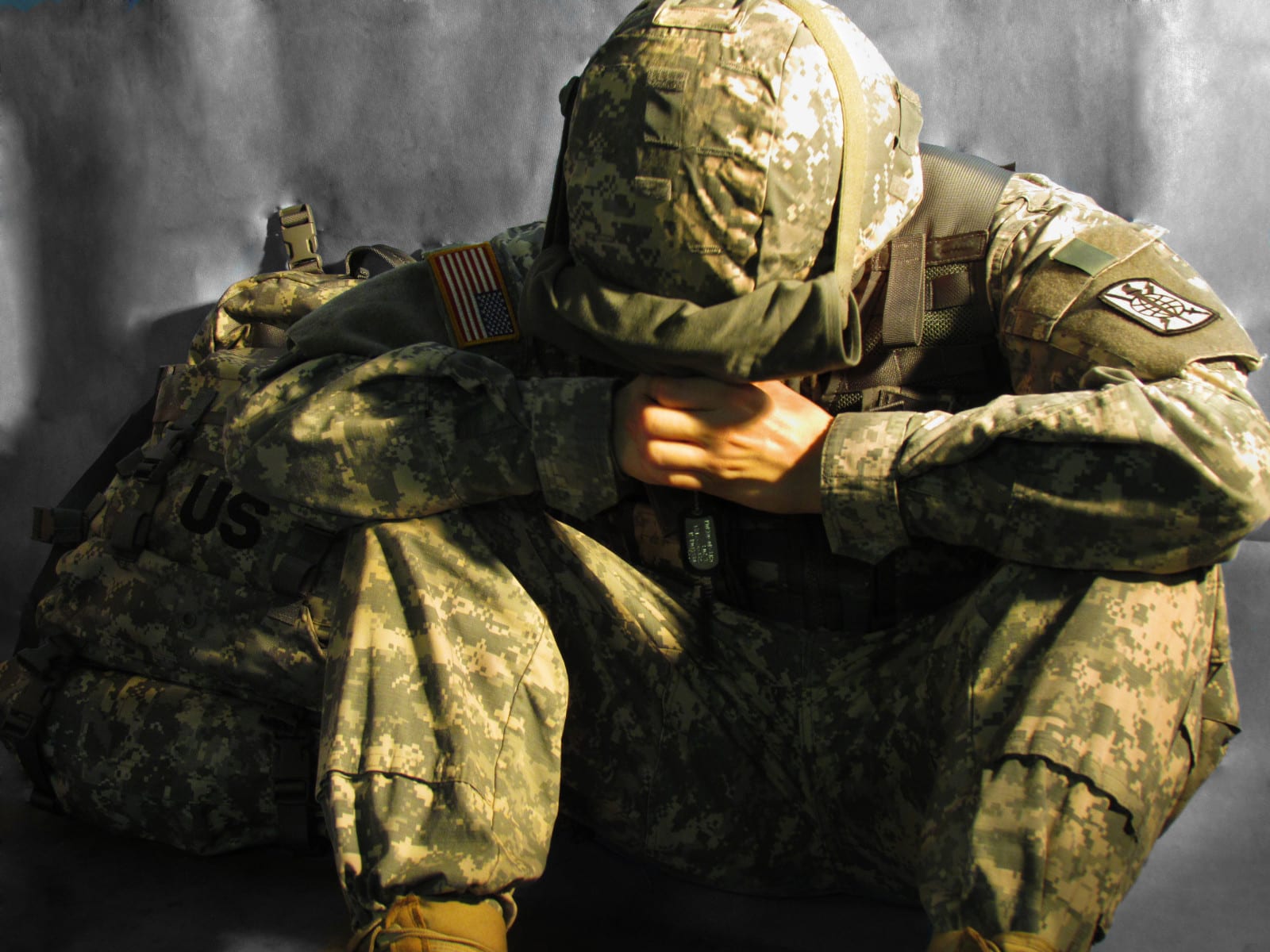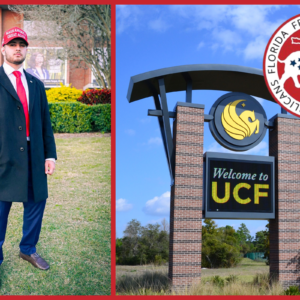I had been stationed in Russia for a year. Diplomatic relations were severely strained during that time. The Russian government had dramatically reduced the number of diplomats, including Marines, from being able to continue to serve there. I was part of the Marine Detachment charged with protecting the embassy, and we were vastly undermanned. That meant longer and more frequent shifts, not to mention drills, training exercises, meetings, etc.
I was exhausted and so was everyone else. I made the decision to not renew my contract with the Marine Corps during that time. I had fallen in love with a woman I met the previous year while stationed at the American Embassy in Asuncion, Paraguay. We were planning on getting married when my tour of duty in Moscow ended, which happened to be the same time my contract with the Marine Corps would come to an end.
I flew back to Camp Lejeune, N.C., to complete my “check-out” with the Marine Corps. I was excited to be back in the U.S. after having been stationed overseas for three years. I was excited about getting married, starting a new life and experiencing the freedom to do whatever I wished. It took me a week to complete the check-out process. There I was, picking up my DD-214 certificate of release. I got in my car and as I saw Camp Lejeune’s gates through my rearview mirror for the last time, I began to smile.
I was embarking on an exciting new journey. I would be starting school at Full Sail University in Winter Park, Fla., within the next few weeks, my girlfriend would be moving in with me soon after, and I would be able to see my family again. However, things did not go quite as planned.
My family had fallen apart during the time I had been overseas, my girlfriend and I broke up, and I was living in a city where I knew absolutely no one. I went from being in a tight-knit brotherhood to being alone in a matter of weeks. I spent Thanksgiving, Christmas, my birthday and New Year’s alone that year. That’s when depression began to creep in.
I had always heard about service members going through this, but I never thought it would happen to me. I thought people who went through these things were weak-minded, but there I was, sitting alone in my apartment with dark thoughts rushing through my head.
It took me almost a year to get out of that hole. I was able to rationalize a lot of my feelings through two specific books: “Tribe” by Sebastian Junger and “Excommunicated Warrior” by Nick Koumalatsos. I needed a new purpose and a tribe, similar to what I had in the Marine Corps. I thankfully found that at Valuetainment, where I’ve been able to connect and grow with like-minded people.
If you’re a veteran going through this transition, I would urge you to find a tribe of like-minded individuals and a new mission. Similarly, if you know any veterans who are currently going through this transition, give them a call and see how they’re doing. Let them know they’re not alone. It’s not unusual that veterans will isolate themselves in these moments. Don’t let that stop you from continuing to reach out, as it can mean everything to them.
According to the Veteran Affairs, more veterans have died by suicide between 2008-2017 than during the entire Vietnam War. This is the real pandemic facing America today, yet few know much about it. What can you do today to make a difference?


















Add comment